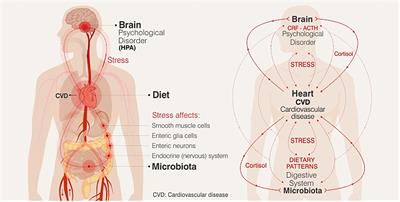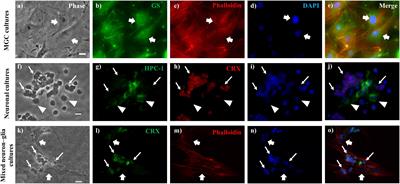EDITORIAL
Published on 31 Aug 2020
Editorial: Emerging Mechanisms in Neuronal Signaling: From Cell Biology to Pathogenesis
doi 10.3389/fncel.2020.00257
- 1,512 views
62k
Total downloads
294k
Total views and downloads
EDITORIAL
Published on 31 Aug 2020
ORIGINAL RESEARCH
Published on 05 May 2020

MINI REVIEW
Published on 12 Nov 2019

BRIEF RESEARCH REPORT
Published on 29 Oct 2019

REVIEW
Published on 20 Sep 2019

ORIGINAL RESEARCH
Published on 04 Sep 2019

ORIGINAL RESEARCH
Published on 30 Aug 2019

ORIGINAL RESEARCH
Published on 16 Aug 2019

BRIEF RESEARCH REPORT
Published on 07 Aug 2019
MINI REVIEW
Published on 30 Jul 2019

ORIGINAL RESEARCH
Published on 25 Jul 2019

REVIEW
Published on 18 Jul 2019

